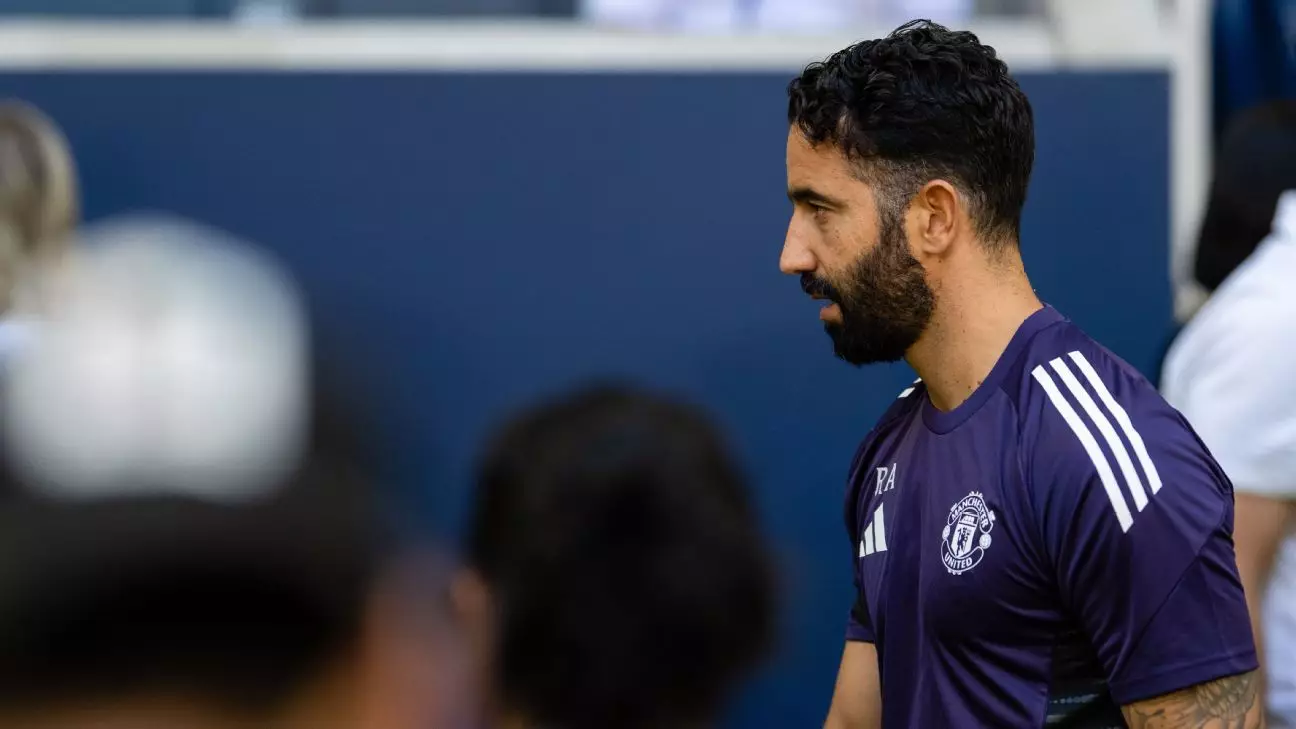Manchester United’s decision to exclude Alejandro Garnacho, Antony, Tyrell Malacia, and Jadon Sancho from their upcoming US preseason tour is a striking move that signals a willingness to reevaluate the club’s roster with an uncompromising eye. Rather than placating troubled players or sticking to familiar formations, United is choosing transparency and strategic overhaul over comfort. This bold stance demonstrates a desire not just to clean house but to reshape the club’s future identity, emphasizing discipline and clarity of purpose. Such a move is inherently risky—it risks alienating players and fans alike—but it also reveals a determination to no longer tolerate professionalism as usual. By taking a firm stance, Manchester United positions itself as a club willing to confront internal issues head-on, fostering an environment where talent is balanced by accountability.
Transfer Strategy: Leveraging Crisis as Opportunity
The apparent willingness of United to accept cut-price offers for these players underscores a pragmatic, if not somewhat desperate, approach to squad management. Cut-price deals are often misconstrued as signs of failure; however, in this context, they suggest a club intent on rapid renewal. For players like Antony and Sancho, who are linked with clubs like Real Betis, Atlético Madrid, and Juventus, this summer could be a pivotal point—a chance to restart their careers elsewhere. Manchester United, on the other hand, adopts a position of strategic patience, waiting to recoup some value while clearing out players who no longer fit their vision. This approach reflects a broader trend in modern football: clubs are increasingly willing to offload problematic or surplus players to realign their squad and financial priorities. It’s an acknowledgment that sometimes, a fresh start is more beneficial for all parties involved.
Rebuilding From the Ground Up: A Lesson in Courage and Vision
Manchester United’s decision to allow Marcus Rashford to join Barcelona on loan exemplifies a broader cultural shift—prioritizing strategic flexibility over short-term retention. Rashford, who has been absent since December and was on loan at Aston Villa last season, is a valuable asset but not indispensable. By moving him on loan, the club is creating space for new talent and adjusting to the evolving competitive landscape. This also signals an understanding that greatness on the pitch demands adaptation—sometimes, tough decisions must be made to foster long-term success. While some might see this as a step back, it actually reflects a confident embrace of change. United is asserting that progress will come through deliberate, sometimes uncomfortable, restructuring rather than complacency. The club clearly recognizes that rebuilding involves risks but also opportunities—this summer’s moves could lay the foundation for future triumphs, provided they’re executed with unwavering foresight.
Manchester United’s current trajectory reveals a club unafraid to challenge itself, signaling a shift toward strategic ruthlessness. The coming months will demonstrate whether this daring approach yields the renaissance many fans have long awaited or if it exposes deeper vulnerabilities. One thing is clear: United is no longer shying away from difficult choices—an essential move for a club seeking redemption.

